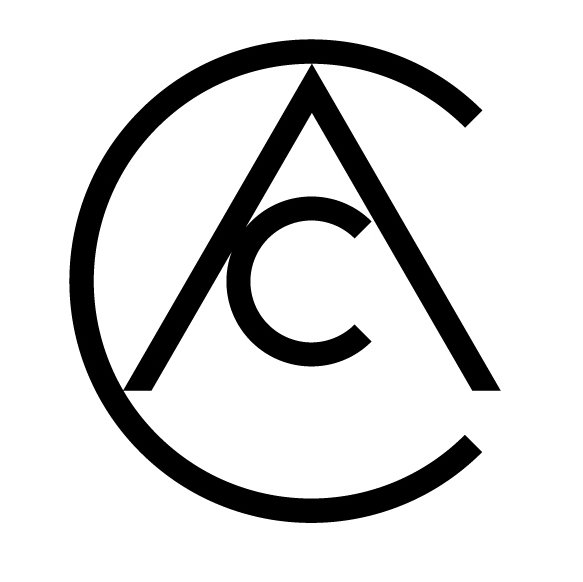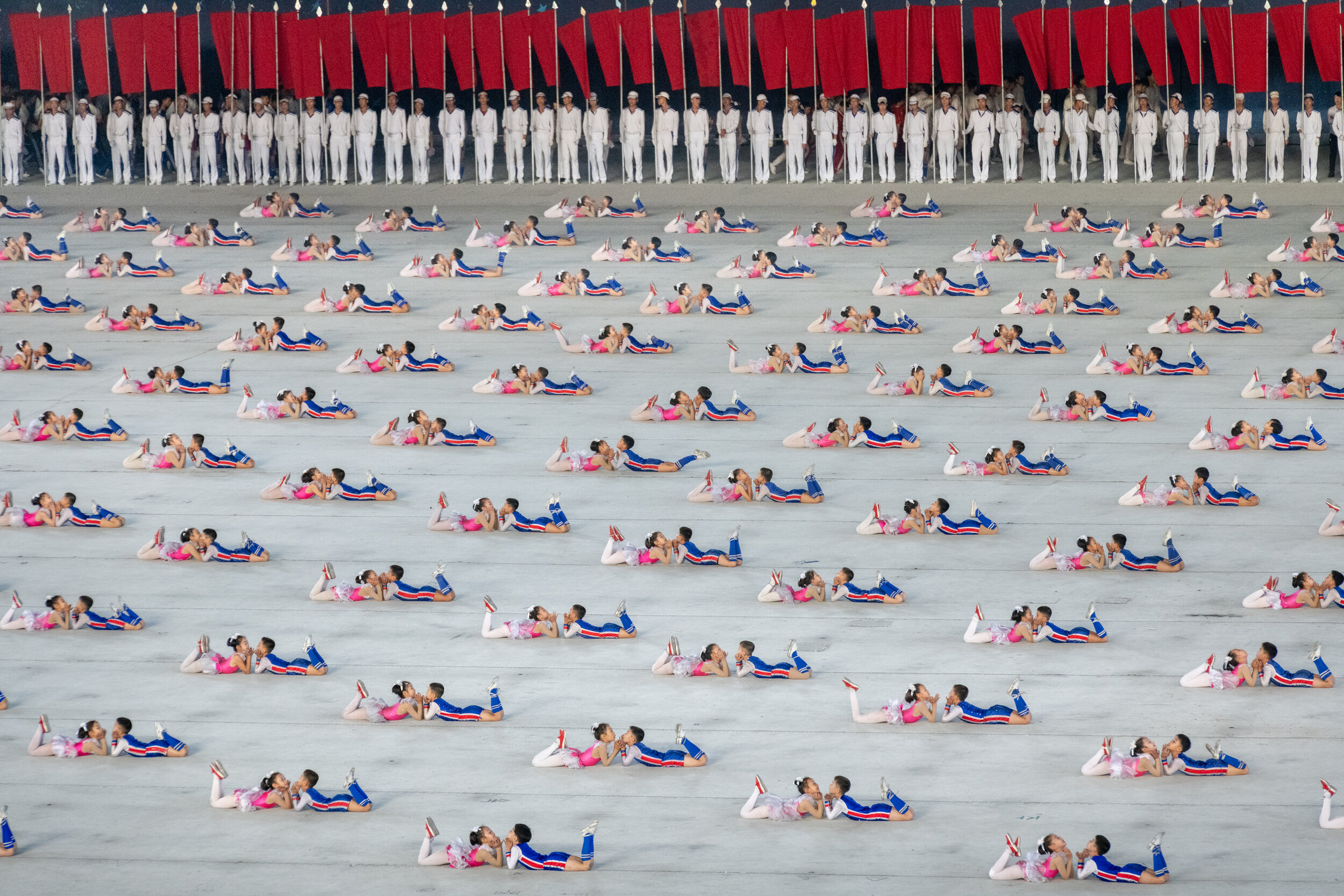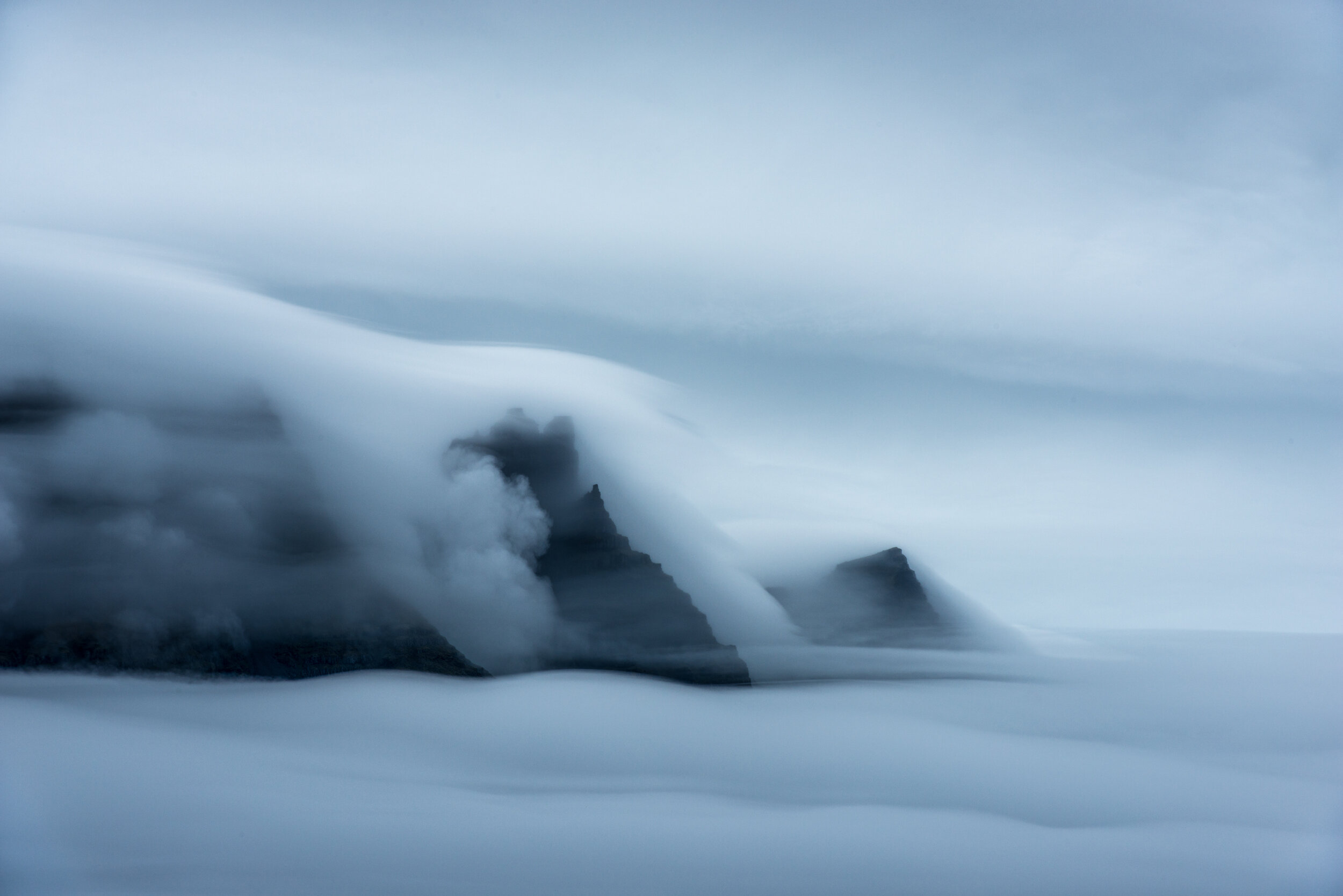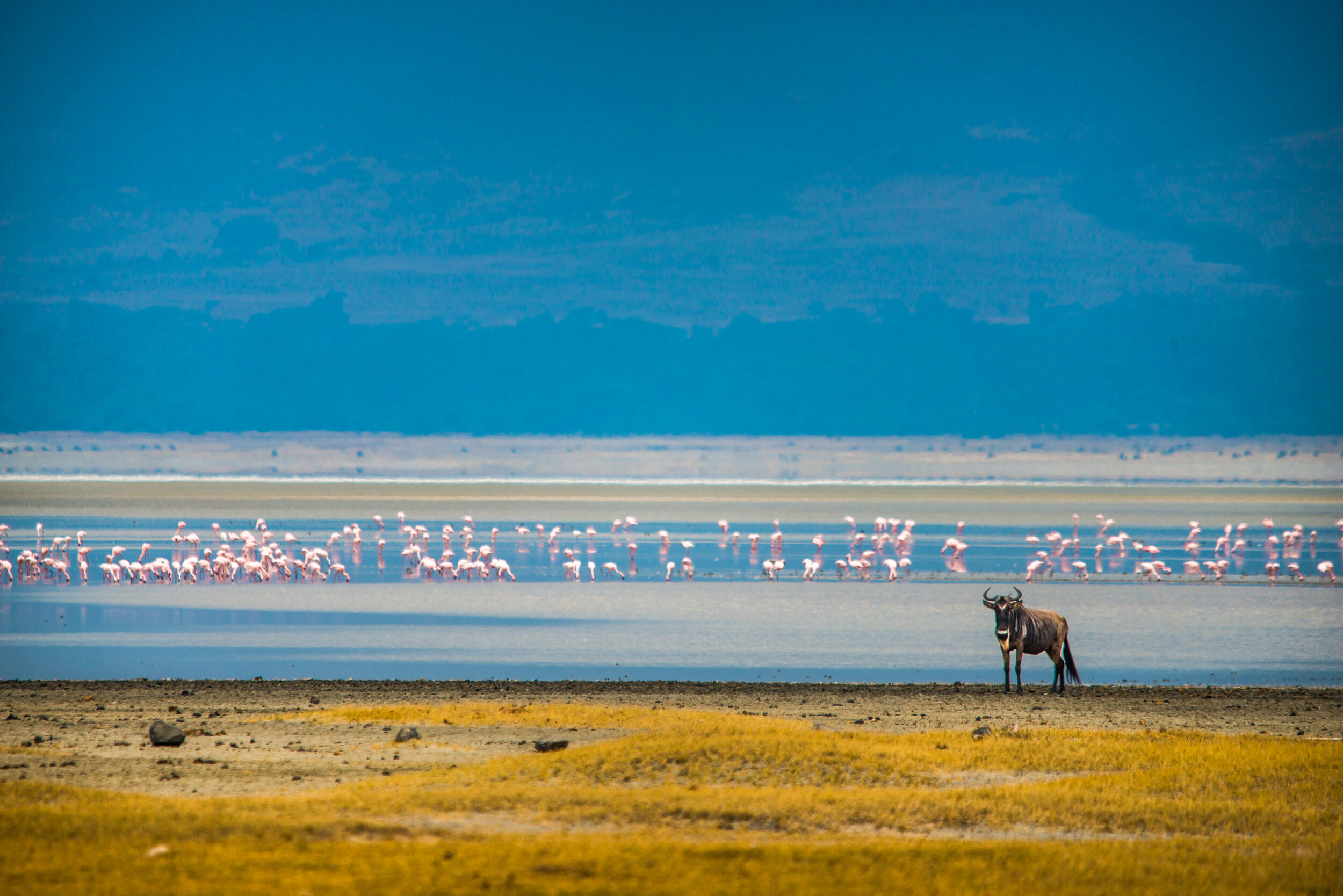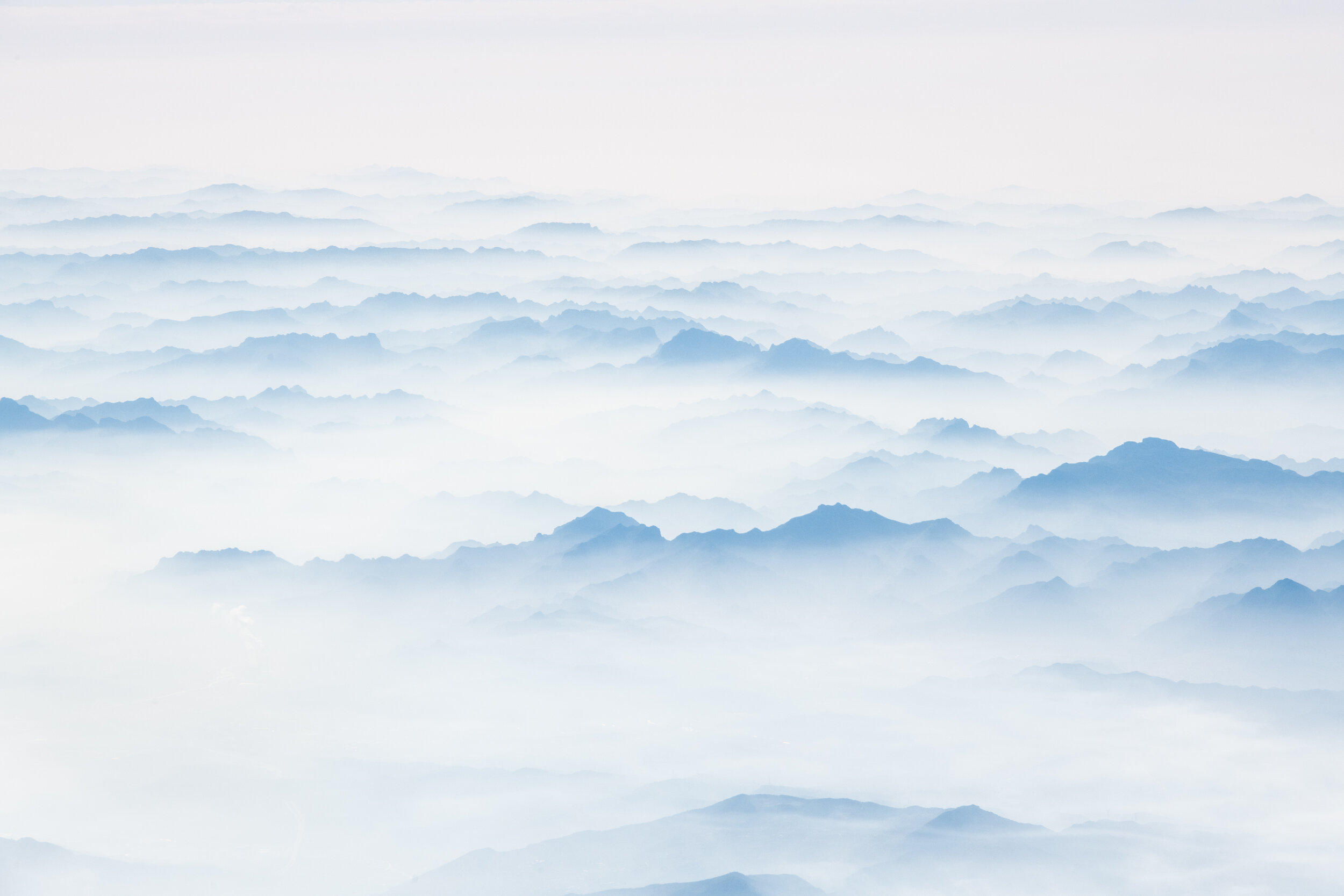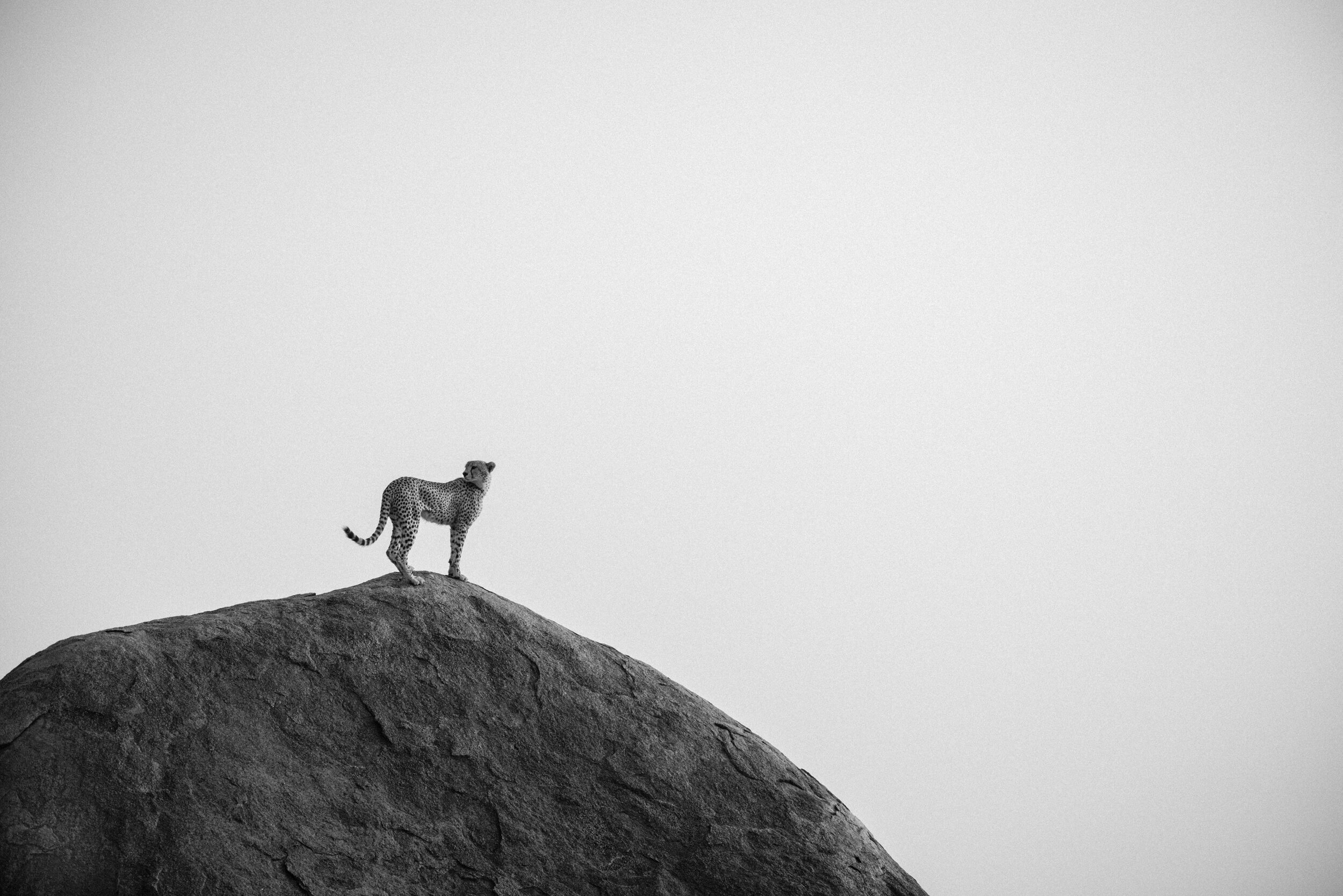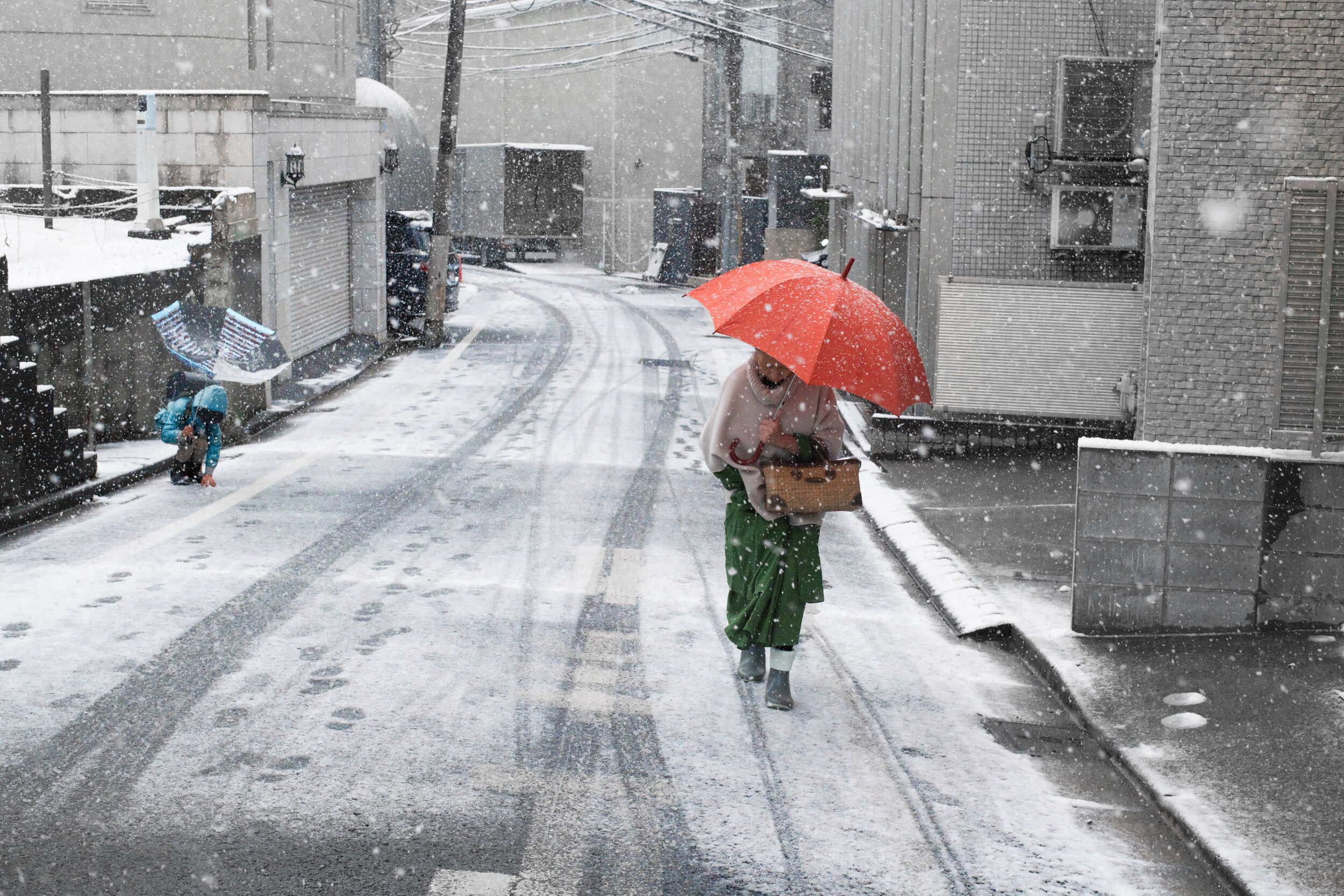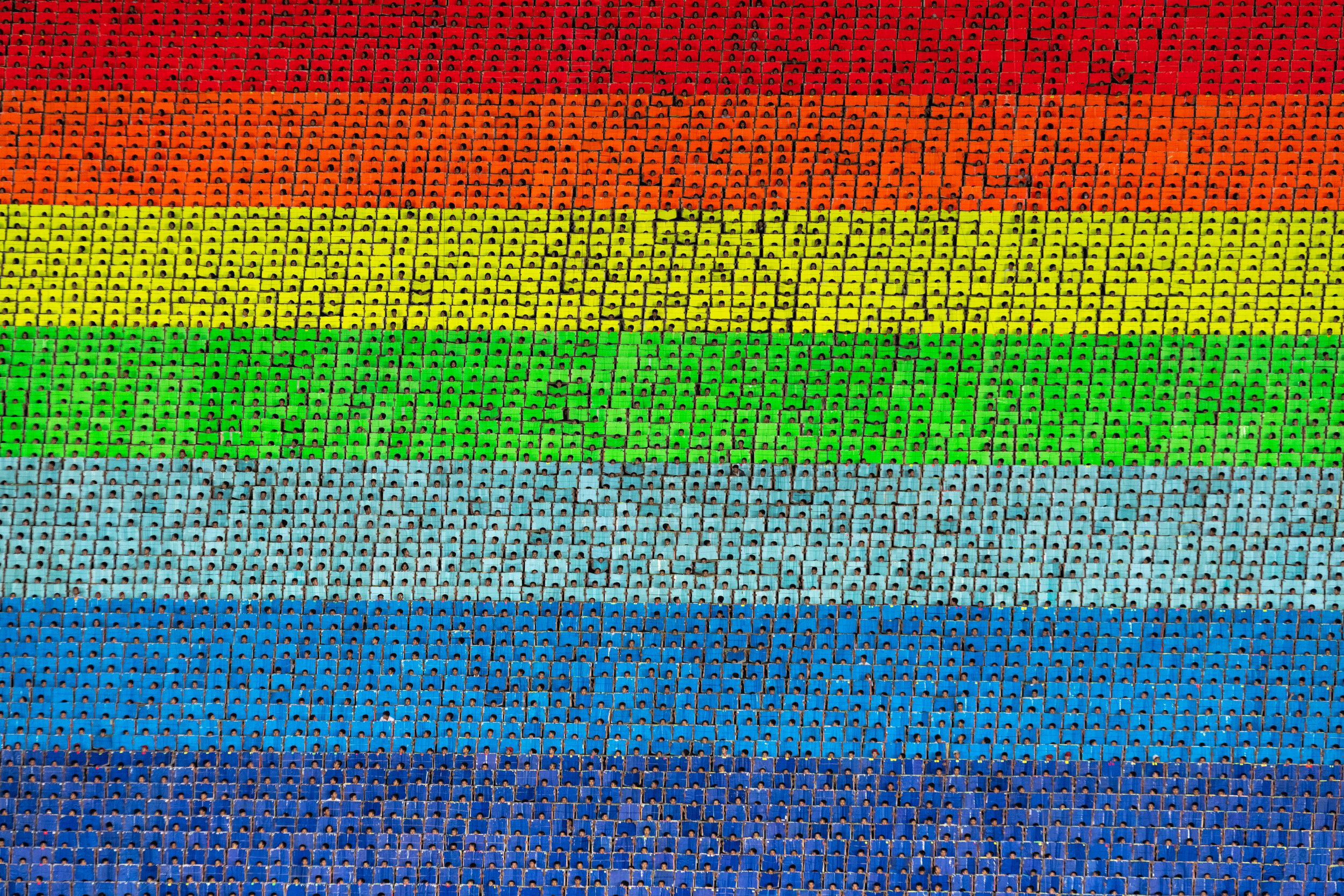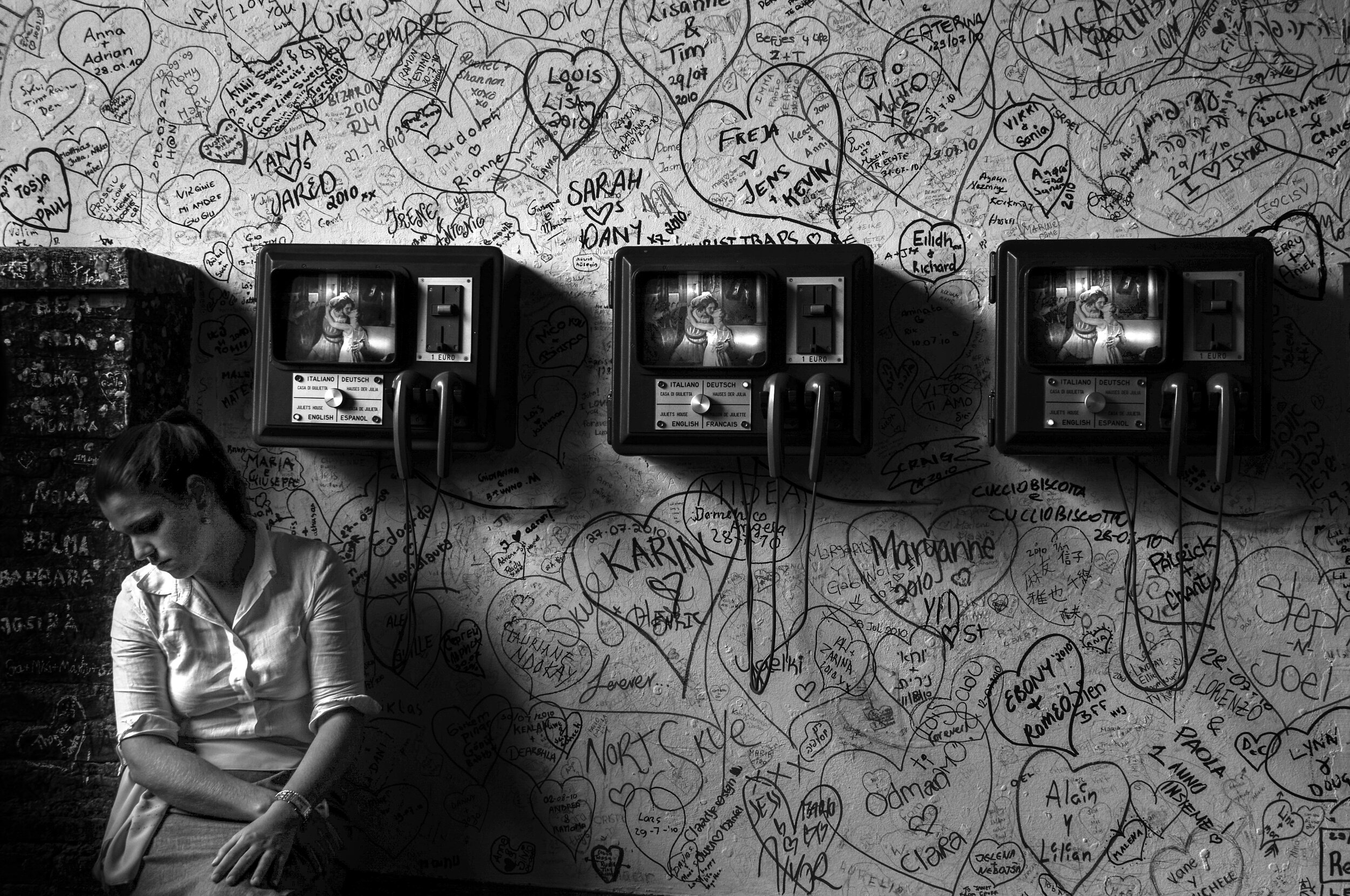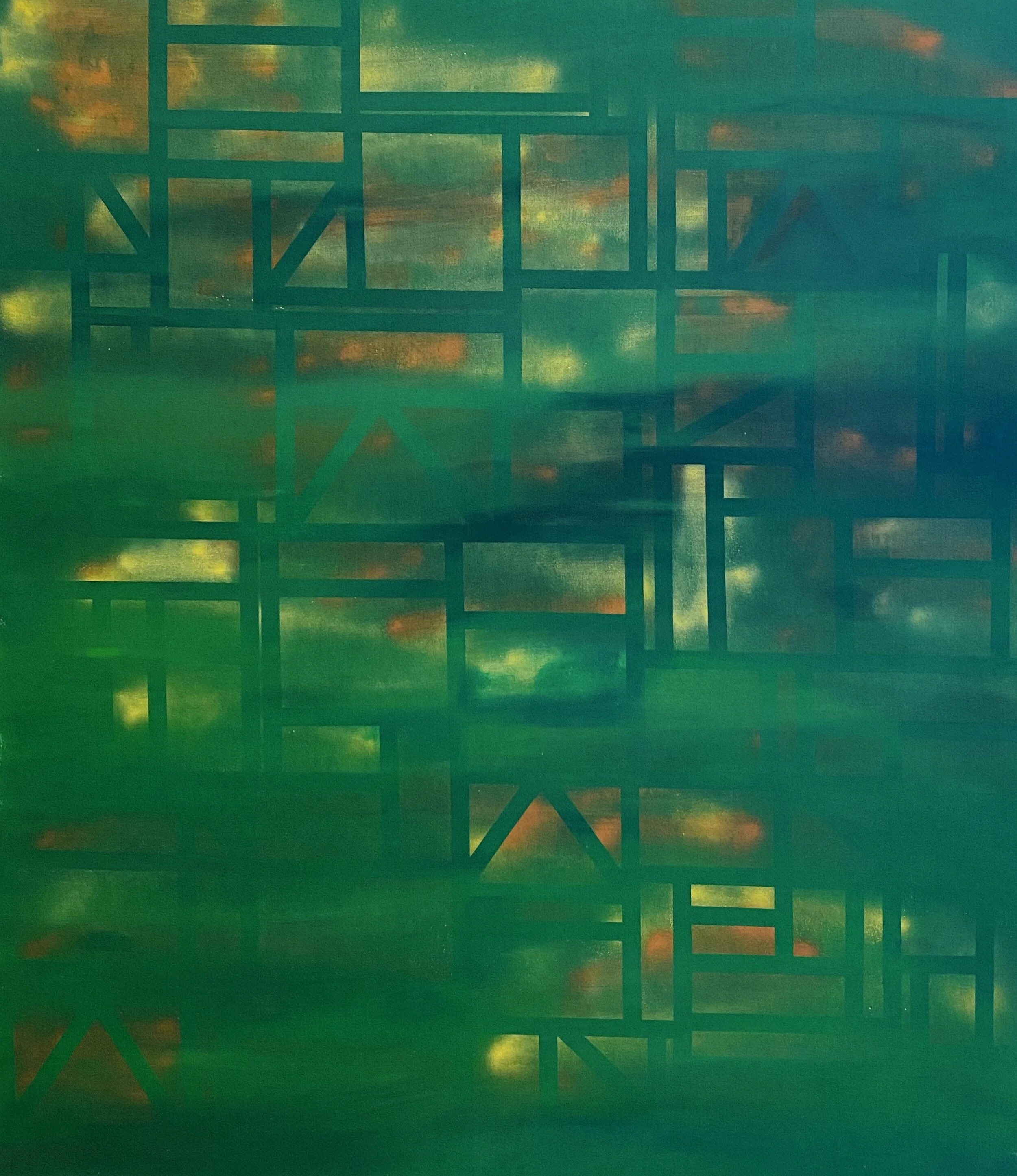Interview with Ted Lau
Hong Kong artist Ted Lau is born in 1989. Ted is an award-winning fine art photographer. Growing up in Hong Kong, Ted started taking photographs when he was as young as 11. Since then, he has never stopped making images, sharpening his skills over the years and creating visuals that inspire his audiences.
Could you please introduce yourself and tell us how you started in the arts? and your first experience in art making?
I still remember the moment I consciously decided to pick up photography. At the time, every kid's father had a camera that they don't use. Somehow at 11, I had a thought that taking photos was such a cool thing and I asked to borrow his old Nikon and that's how it started.
My father would give me little tips about framing, telling me what would make a good shot and nudge me to photograph scenes when we travel. It was great fun but I can't say I had any particular strength in it.
Then one day, he took out this book from his shelf called "The Art of Colour Photography" by John Hedgecoe. That was my proper introduction to photography. I would pour over the technical aspects of it and admire and explore the photographs in the book. Now I have a standard to compare my work to and from there on my work started to take shape and slowly improved.
How would you describe yourself and your artwork?
I would say I am a person that hate definitions. To define is to limit yourself, and the world is always more fun in the shades of grey rather than in black and white. Sadly that is not how most people function. They want to know what they are looking at. Is it Travel Photography? Documentary Photography? Fine Art Photography? I always have trouble categorising my work, and sometimes I feel like they are all over the place.
What I do when I release the shutter is I look at a scene and an image on its own merit and try to bring it to the viewer the way I see it. Trying to share my POV with them. You don't need to describe the work in anyway, if you like it, you like it. That is all I wanted to do, to please your heart and soul with my point of view.
Where do you get your inspiration from?
I get my inpiration from everything I encounter. It can be as simple as seeing a person walk across a busy street. Or a fly that landed in my cup of tea and is struggling to survive. Another artist's work or a conversation I overheard.
Sometimes it can just be a visual cue, a pure expression of beauty that I want to capture. Sometimes it can be an idea or a feeling that I want to convey. A story, so to speak. Now I try to ruminate more on certain ideas and try to come up with ways to convery it to the viewer. So I would write down a list ideas and then try to come up with ways to capture them with a camera.
What emotions do you hope the viewers experience when looking at your art?
That really depends on the individual work. But for me, I must say I would be very satisfied if I can illicit a sense of curiosity and wonder out of the viewer, and also a sense of calmness and tranquility.
When do you know that an artwork is finished ?
I think Ira Glass was very accurate in saying that in the field of creative work, you need to have good taste but you are always falling short. It is a constant process in plucking that gap between your vision and the actual results you achieve. As your skills improve, you are more able to express yourself.
I suppose that's why when I go back to look at old images, I always want to tinker with them. I would have changed from the time of the last edit and now more work is needed. Very seldom is there a perfect image, I suppose that's when a piece is finished.
What has been the most exciting moment in your art career so far?
The most exciting moments are the new ideas that are popping up in my head. There are many things that I want to experiment with, and whenever something cool comes up I can spend days thinking about how to approach the idea. That is always the most exciting part, the planning. Because it doesn't always work out the way you envisioned. The idea can turn out really good but it can also fall apart in front of the lens. So for me, I enjoy the bit before the shoot, where I can let my imagination run and device my next project.
How long does it take to produce one work?
That depends. Some ideas can be left for years before I finally realise how to do it right. Some can be as simple as a snap, "the decisive moment", so to speak. It's not really the time it takes that defines how good the work is. It is always impressive when the artist took a whole year to complete a piece. But there is years of practice behind a good "snap" that often is underapprciated.
What exciting projects are you working on right now?
Now I am trying to move my work into the studio where I can have even more control over the subject and the light. There are some still life shoots that are in the works. I do not want to talk too much about the details because I don't want to disappoint, but if you want to see the results, the quickest way is to check out my instagram (@ted.lau). I will be sure to upload them if they are worthy of your time.
Website: www.ted-lau.com
Instagram: @ted.lau
